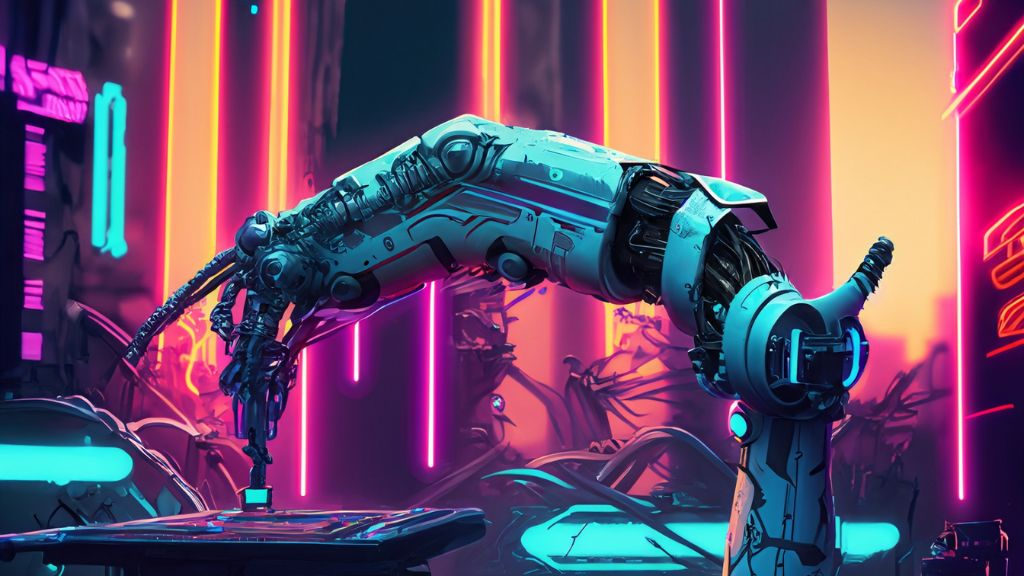
DeepMind’s RoboCat: Accelerating Progress in Robotics Through Self-Learning AI
DeepMind, renowned for breaking new grounds in the field of artificial intelligence (AI), has recently unveiled RoboCat, a trailblazing AI model set to transform the landscape of robotics. RoboCat exhibits a distinct prowess in its ability to operate multiple robots efficiently, marking a major advancement in AI-driven robotics.
One of RoboCat’s distinguishing features is its remarkable learning capabilities. The model excels in mastering novel tasks on varied robotic arms, needing only around 100 demonstrations to acquire new skills. Additionally, RoboCat enhances its competencies through self-generated training data, thereby further augmenting its already impressive aptitude.
RoboCat’s development embodies a remarkable stride in the domain of embodied intelligence in AI. While human beings innately understand how to manipulate their environments, simulating this feat in artificial intelligence has been a daunting task. However, RoboCat, with its ability to govern each joint, coordinate movements, and comprehend the physics of its environment, is inching us closer to mirroring this human accomplishment.
Notably, RoboCat sets itself apart from other state-of-the-art models with its faster learning pace, facilitated by its access to a vast, diverse dataset. This breakthrough has the potential to accelerate research in robotics by diminishing the need for human-supervised training, a significant step towards the creation of general-purpose robots.
Dive into the fascinating world of RoboCat at: DeepMind RoboCat. As RoboCat continues to redefine the potential of AI in robotics, it sets the stage for an exhilarating journey of discovery and innovation in the ever-evolving field of AI.
